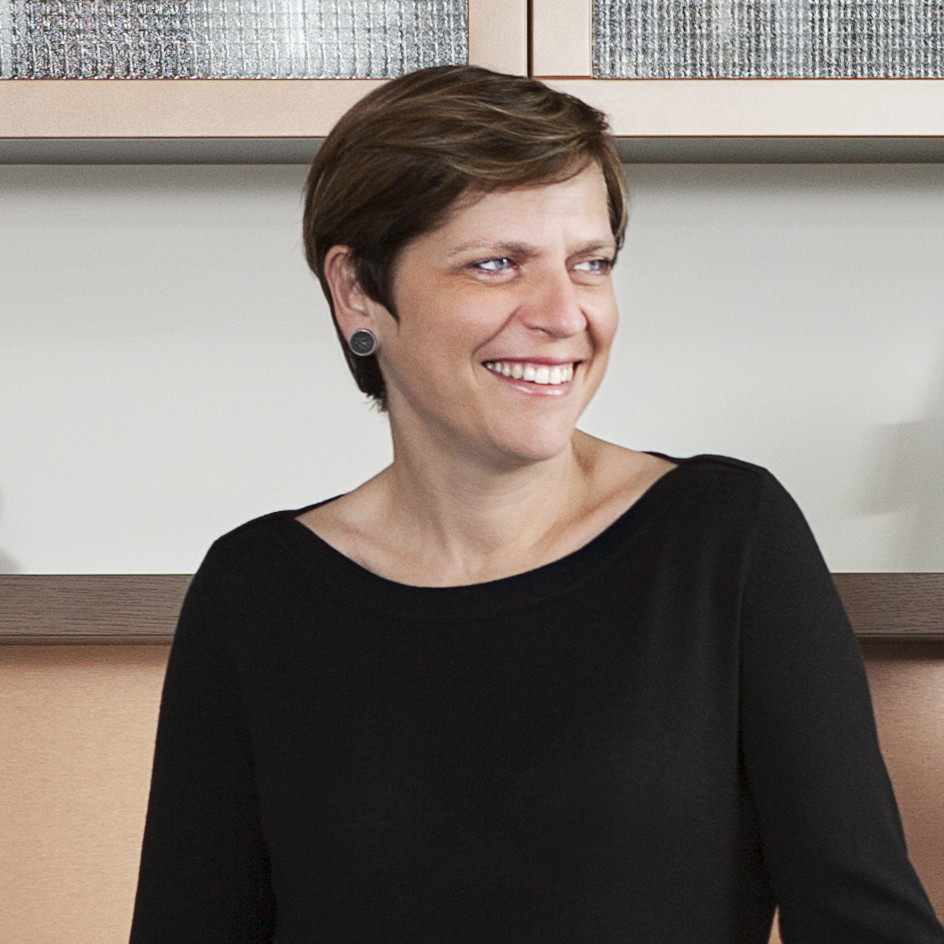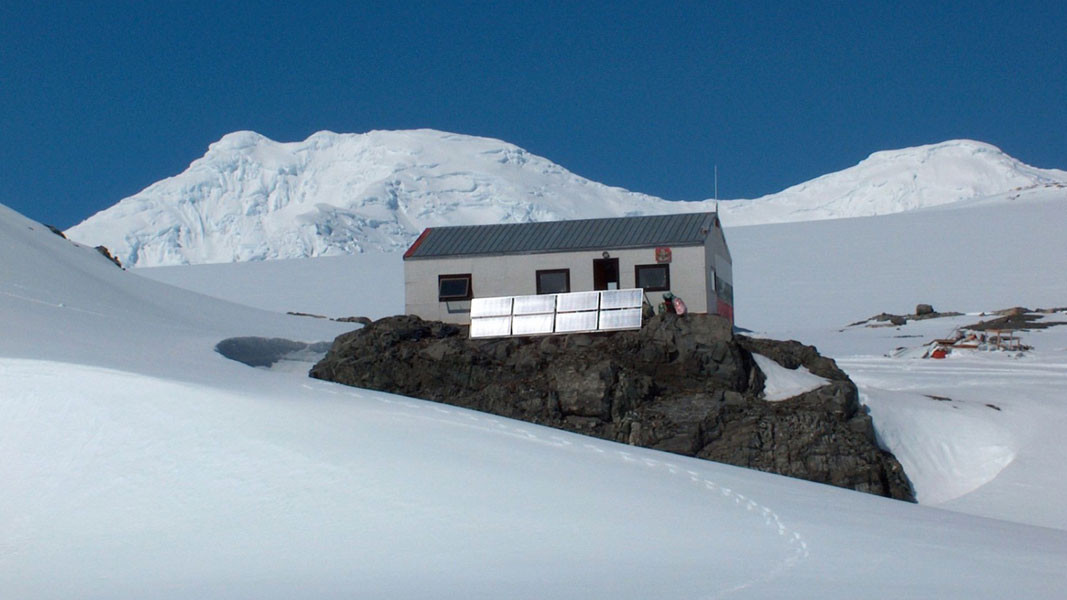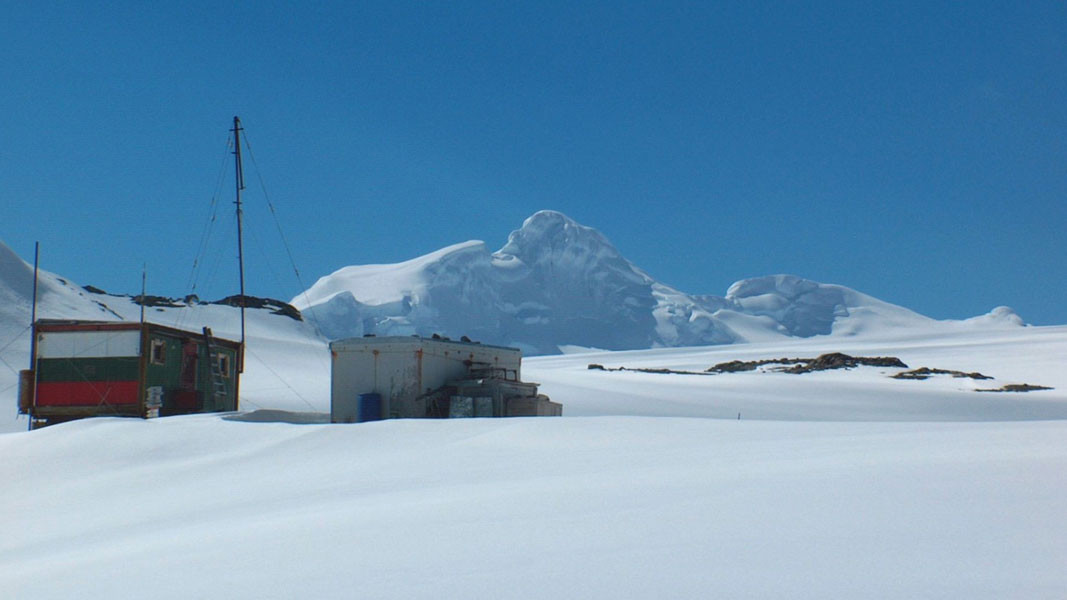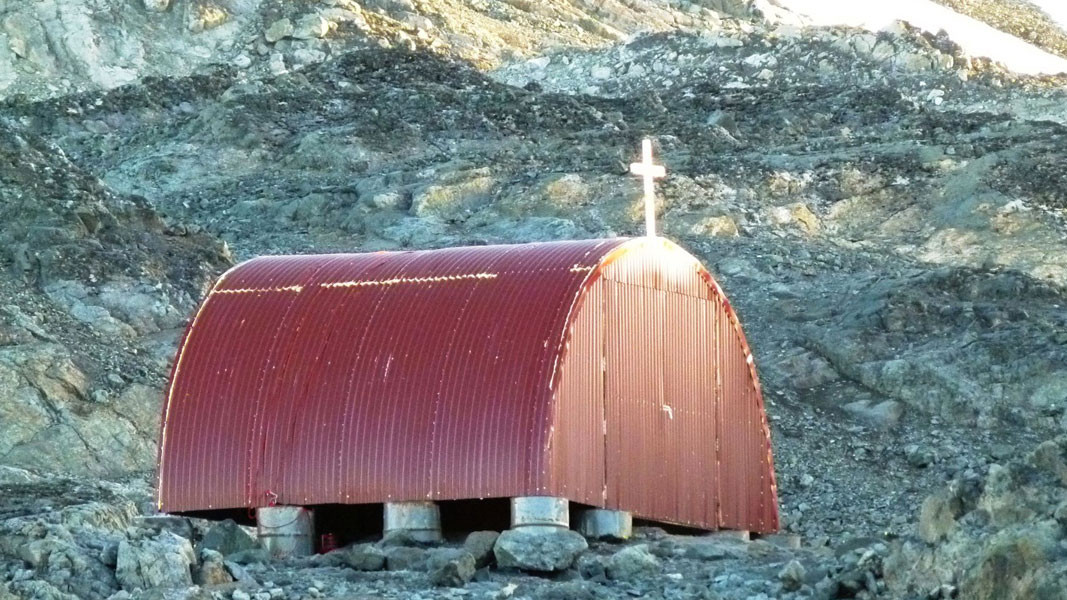Bulgaria’s polar explorers will have a new and modern research laboratory in Antarctica. A group of architects, headed by Penka Stancheva won an international competition for the new facility on the continent of ice.
The facility is to cover an area of close to 250 square metres on Livingstone Island, where the Bulgarian polar base is built. The building will be on stilts so as not to be buried under the snow driven by the powerful winds here. Streamlined and made to last, the new laboratory will offer safe shelter to the scientists coming here to study climate change and the diversity of animal and plant life.
 “The new base will be a single-storey building, reminiscent of the pitched-roof houses whose architecture is typical of more remote locations and colder climes,” says architect Penka Stancheva. “What I was after was to replicate the silhouette of the existing building but also to extend and modernize it. The materials I shall use are a metal structure for the load-bearing part of the building and thermopanels so as to insulate the interior and reduce the loss of heat to the maximum.”
“The new base will be a single-storey building, reminiscent of the pitched-roof houses whose architecture is typical of more remote locations and colder climes,” says architect Penka Stancheva. “What I was after was to replicate the silhouette of the existing building but also to extend and modernize it. The materials I shall use are a metal structure for the load-bearing part of the building and thermopanels so as to insulate the interior and reduce the loss of heat to the maximum.”

The architect says that constriction work in one of the cleanest places on the planet should be more discrete, more humane and give a sense of home. But it is people who make any house a home, and professionals can only add an element or two.
“The few conversations I have had with the polar researchers and the stories I have been told have left me with the impression of a close-knit team of warm-hearted people, people who overcome conditions that are practically impossible to overcome driven by their love of nature,” Architect Stancheva goes on to say. “It is this picture I have in my mind of a team that is supportive and determined, of a warm, human atmosphere, that has guided me in my endeavour to create a home rather than a facility. Yes, it will be a facility but what I have tried to do is preserve, indirectly, the conditions of this microclimate created by the people themselves. As to the architecture – a warm atmosphere is created most of all through scale – a cozy room is neither too big nor too small, and it is made cozy through the materials and colours used. In other words it will be a combination of visual with functional.”

The Bulgarian base “St. Kliment Ohridski” was set up in 1988 when two prefabricated buildings were put up. Later a multifunctional building was added, as well as the first Christian Orthodox chapel on Antarctica named after St. Ivan of Rila.

The future facility will be a compendium of the existing buildings, blending in with them to form a unitary architectural complex – for example the gabled roofs of the houses will be replicated as an artistic element at the entrance of the building. The laboratory will cost around 400,000 euro (800,000 Leva) and will take around three years to build. The cost will be covered from the national budget as well as by European funding. In the words of Professor Hristo Pimpirev, Director of the National Center for Polar Studies, the investment is well worth it as the future of the human race is in Antarctica with its unlimited resources of fresh water, minerals and developing tourism.
The person behind the project for a new Bulgarian laboratory on Livingstone Island is Penka Stancheva from Plovdiv who is currently working in Chile. She says that what is keeping her there are the architectural projects she is working on but also “the power of nature presented so dramatically by the Andes, the ocean, even earthquakes.”
Architect Penka Stancheva is holder of numerous awards, among them “Building of the year” for the restoration of the so-called Yablanski house in Sofia as well as the BAUMIT award for long-term partnership.
Photos: private library
The usurpation of cultural heritage is one of the many inevitable consequences of any military conflict, both historically and today. Until the end of the war in Ukraine, it is impossible to adequately analyse the extent of the damage caused to the..
Athens plans to modernise the Greek army by 2030 Greece's Defence Minister Nikos Dendias presented the plan for changes in the army to the parties in parliament. The reforms will cover all three branches of the military. By 2030, 33 units..
A short video kaleidoscope of the "untold stories" of worthy Bulgarians - scientists, entrepreneurs, engineers, artists - who have contributed to our country's good image in the eyes of the world opened an unconventional public forum that showcased the..
For the 30th consecutive year, the Bulgarian Posts organize a contest for the most beautiful letter to Santa Claus. Letters must be sent by 18..

+359 2 9336 661
